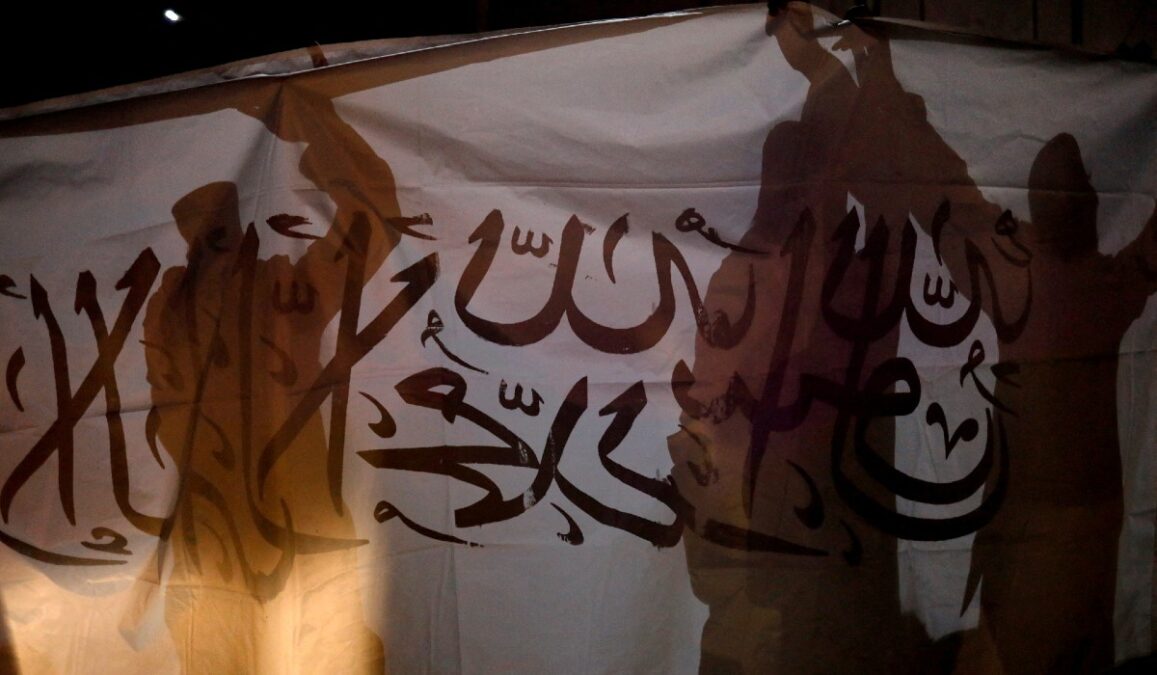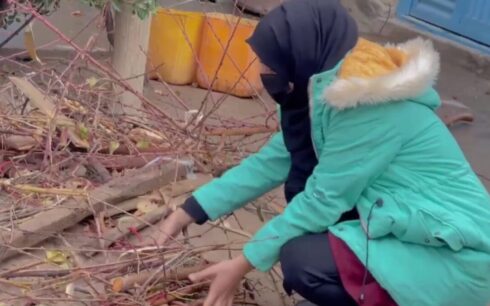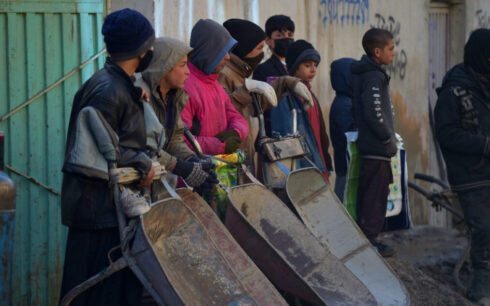KABUL, Afghanistan — Taliban announced a series of administrative appointments, though only one of the nine positions involved a new appointee, while the remaining eight saw existing officials shifted into new roles. The reshuffle was carried out under a decree from the Taliban’s supreme leader, according to a statement by the group’s spokesperson, Zabiullah Mujahid.
The appointments are as follows:
- Mohammad Hanif Hamza, former head of Breshna Company, was appointed as Deputy Administrative Minister of Technology and Information.
- Hisamuddin Sabir, former head of the Reforming and Monitoring Department of the Taliban’s administrative office, was named Deputy Administrative Minister of Mines and Petroleum.
- Aminullah Zubair, former commander of the fifth unit of the 205 Corps, was appointed as Police Commander of Helmand.
- Hamayoun Jahadyar was appointed as Deputy Governor of Baghlan Province.
- Abdul Hakim Mubarak, former Police Commander in Helmand, was assigned to the Border Unit of the 205 Corps.
- Ahmadullah Mubarak, former Deputy Governor of Baghlan, was appointed Commander of an Army Unit in the 221 Corps.
- Abdul Wali Sedqi, former Deputy Administrative and Financial Head of the Taliban’s general administrative office, was named head of Ariana Afghan Airlines.
- Hamdullah Zahid, former Deputy Minister of Energy and Water, was appointed head of Breshna Company.
- Mohammad Naeem Agha, former Deputy Head of Administrative and Financial Affairs at the Afghanistan Railway Authority, was named head of the Agriculture Company in Nangarhar.
Since the Taliban’s takeover of Afghanistan three years ago, no non-Taliban individuals have been appointed to the cabinet, reflecting a concentration of power within the group’s ranks. According to findings by Amu, the Taliban’s supreme leader, Hibatullah Akhundzada, has issued 75 decrees resulting in the appointment or reassignment of over 365 officials during this period. Of the 370 cases reviewed, only 18 involved new appointments, while the rest were merely transfers within the Taliban’s existing cadre.
These findings have raised concerns among Afghan citizens about the lack of inclusivity and representation in the Taliban’s administration, particularly the exclusion of women. The continued pattern of internal reshuffling has further fueled criticism of the group’s governance approach.





